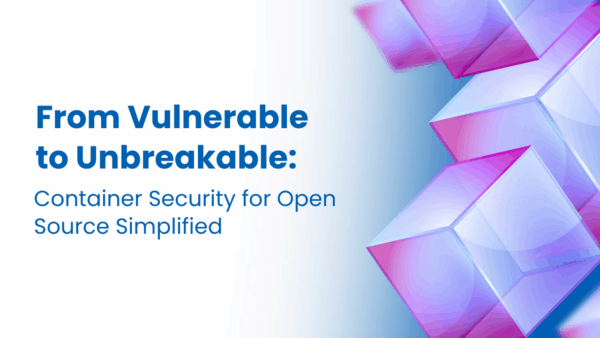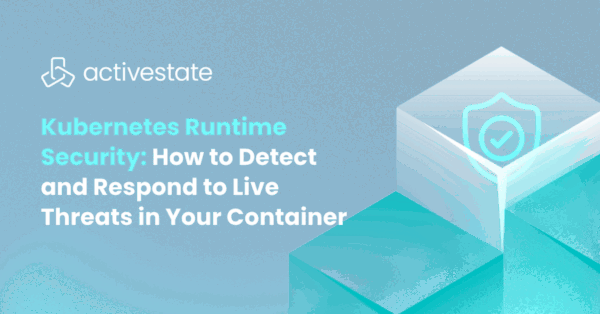VANCOUVER, British Columbia – October 12, 2000 – ActiveState, the leading provider of Internet programming software and services announces the release of PerlMx, a tool that enables system administrators to create customized, powerful mail scripts easily.
A mail filter engine that operates as a plug-in to Sendmail products, PerlMx, provides for rapid prototyping, debugging, and deployment of custom e-mail filtering solutions. PerlMx is implemented at the server level, is extensible, scalable, and currently runs on Linux, Solaris, and HP-UX. PerlMx combines the speed and robustness of Perl, the most popular Internet programming language, with sendmail, the de facto standard Internet Mail server responsible for moving the majority of all Internet Mail. PerlMx readily integrates with the Content Filter API available in Sendmail Switch 2.1. This latest product offering from Sendmail provides administrators an unprecedented level of control over their Internet backbone with features such as administrator alerts, attachment filtering, and subject line filtering. PerlMx's persistent run time allows real time processing of every SMTP transaction received by Sendmail. Unlike other email management products, the PerlMx approach enables system administrators to write customized scripts to immediately reject messages based on size, content, sender or recipient.
"We're delighted to bring the power, quickness and reliability of Perl to the millions of sendmail users", said Dick Hardt, Founder & CEO, ActiveState. "Given the business necessity of email communication, PerlMx will prove invaluable for administrators who are now able to write a filter in five minutes to block viruses and spam at the server level before they hit a user's inbox."
Business communication over the Internet is predicted to increase exponentially in the near future. Indicative of this Forrester Research forecasts that 'permitted' commercial email messages will grow from three billion today to 250 billion by 2002. With the average number of commercial email messages that US online consumers receiving annually rising from 40 last year to more than 1,600 by 2005, according to Jupiter Communications.
"Perl is a natural choice for manipulating email given its recognized strength in text processing", said Greg Olson, co-founder and EVP Business Development, Sendmail Inc. "ActiveState's PerlMx is a revolutionary new approach to email management that provides rapid design, development, and deployment of reliable email filters to serve the unique content management needs of enterprises."
PerlMx provides:
- Mail Archiving: selectively log e-mail traffic based on arbitrary criteria
- Volume Accounting: keep track of e-mail volumes to generate statistics
- Custom Routing: redirect mail to third parties based on sender, recipient or other external parameters
- Spam Control: implement your own heuristics for weeding out "spam" e-mail
- Keyword Scanning: add custom actions based on keywords in e-mail
- Content Rewriting: add new headers or change existing content of incoming messages
"PerlMx brings professional server-side email content management to the real world. Whether you're an ISP that wants to keep track of email bandwidth consumed by users, or a large corporation that must implement evolving email content policies, PerlMx will help you create the custom solution that not only fits your needs, but grows with them," said Gurusamy Sarathy, PerlMx Project Lead, ActiveState.
"PerlMx is a great way of incorporating the text and database processing power of Perl into Sendmail," said Jim Baker, Chief Technology Officer, Empact Solutions. "Often the incoming mail processing requirements for businesses who do high volume email processing can be overwhelming, PerlMx offers a way to address those problems quickly while easily customizing the solution."
PerlMx is free for educational and personal use. It is $495 US per processor for commercial use. OEM versions are also available.





